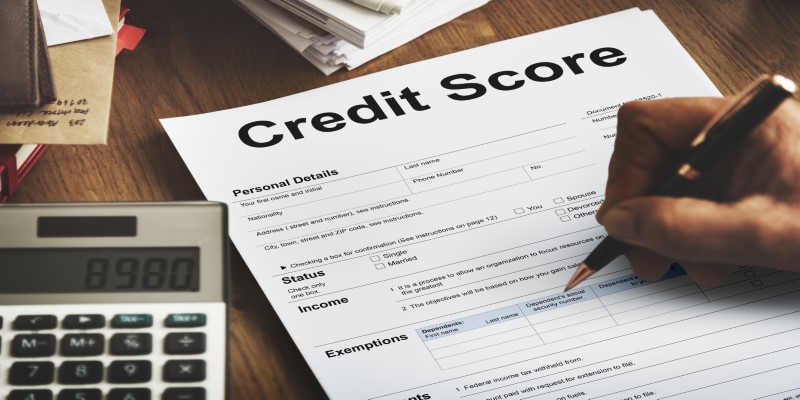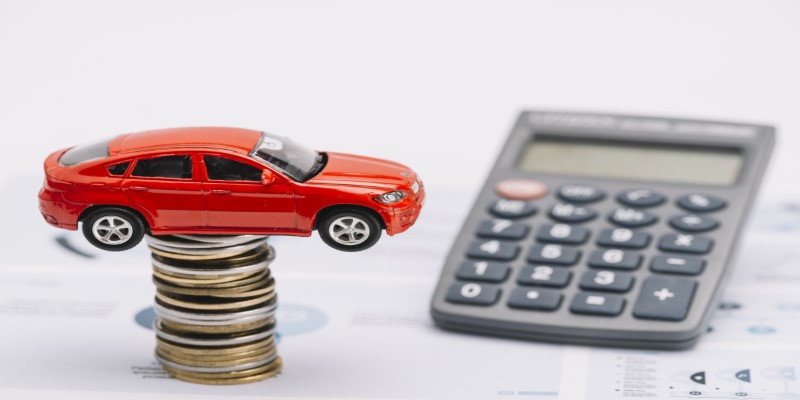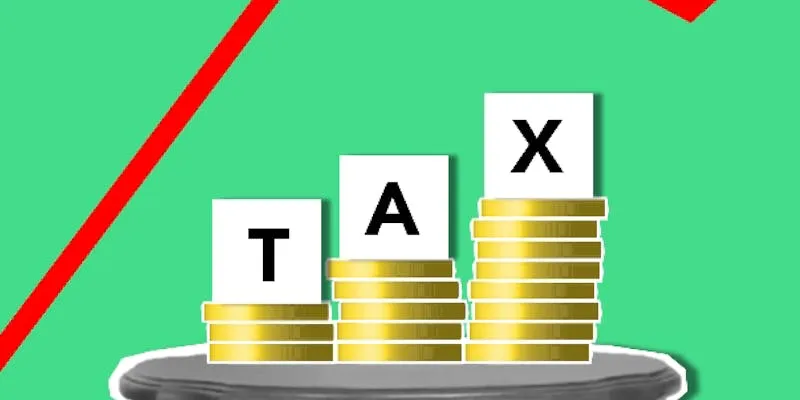Car loans are often a necessary part of purchasing a vehicle, bridging the gap between your budget and the price tag of your dream car. But what happens once you're on solid financial footing and start asking yourself, "Should I pay off my car finance early?" It's a valid question. One many borrowers face as they weigh the desire for financial freedom against the potential costs of cutting a loan short.
The decision isnt black and white. Paying off a car loan ahead of schedule can feel like lifting a weight off your shoulders, but its not always the best move for your wallet. Factors like early repayment fees, your overall financial health, and even your credit score play into the equation. Lets dive deeper into what you should consider before writing that final check to your lender.
Understanding the Costs and Benefits of Early Repayment
At first glance, paying off your car finance early feels like a no-brainer. Who wouldnt want to eliminate monthly payments, save on interest, and enjoy the peace of mind that comes with owning their car outright? The idea of reducing financial obligations and having more disposable income is undeniably appealing.
But lenders don't always make it easy. Many loan agreements include early repayment fees to protect lenders from losing interest they would have earned throughout the life of the loan. These fees can wipe out a lot of what you'd save by repaying the loan early. Let's assume your auto loan has a low interest rate. In that scenario, the financial benefits of early repayment may not offset the effort, especially considering what you could earn in the same period by investing that money or paying off higher-interest debt.
The structure of your loan also matters. If its a simple interest loan, where the interest is calculated based on the remaining balance, early repayment can save you money. On the other hand, precomputed interest loans, where the total interest is determined at the start, often leave you paying nearly the same amount even if you pay off the loan early. Understanding these details is crucial to evaluating whether early repayment is truly worth it.
How Does Early Repayment Affect Your Credit Score?
When pondering whether to settle your car loan ahead of schedule, its easy to overlook the credit score implications. Your car loan is a form of installment credit, and successfully managing it over time positively impacts your credit history. By paying it off early, you shorten the active credit account period, which could reduce your credit mix or the length of your credit historyfactors that make up part of your credit score.

On the flip side, if your current debt load is high, paying off your car loan could improve your debt-to-income ratio, which lenders often assess when evaluating new credit applications. This ratio isnt part of your credit score, but it influences how lenders perceive your financial health.
The key is balance. If you have other active loans or credit accounts contributing to a diverse credit portfolio, paying off your car finance early wont hurt your credit profile much. But if its your only significant installment loan, consider how closing it might affect your overall credit standing.
When Paying Off Your Car Finance, Early Makes Sense
There are situations where early repayment is a financially sound choice. For instance, if your loan has a high interest rate and you can avoid hefty early repayment penalties, paying it off could save you a substantial amount in the long run. This is especially true if the interest you're paying on the car loan outweighs what you could earn by saving or investing that money elsewhere.
Another scenario where early repayment makes sense is if youre working toward specific financial goals, such as reducing monthly expenses to save for a house or other major purchase. Eliminating the car payment can free up cash flow to put toward these priorities.
Additionally, if youre nearing the end of your loan term and the remaining balance is low, paying it off might feel more achievable and rewarding. Just make sure youre not sacrificing your emergency fund or other financial safety nets to do so.
When to Hold Off on Paying Early
Not every financial situation warrants rushing to close a car loan. If your lender imposes steep early repayment penalties, it may not be worth the hassle. Calculate the total cost of paying off the loan early, including any fees, and compare it to the potential savings in interest.

You should also consider the opportunity cost. If you have a low-interest car loan, that money might be better spent paying down higher-interest debt, like credit card balances, or invested in something with a higher return. For example, the stock market has historically delivered higher average returns than most car loan interest rates, so allocating extra funds toward investments could grow your wealth over time.
Additionally, maintaining a healthy level of liquid savings should be a priority over paying off a car loan. If depleting your savings to settle the loan would leave you vulnerable to unexpected expenses, its wiser to keep the cash as a buffer.
Conclusion
So, should you pay off your car finance early? The answer depends on your unique financial situation, priorities, and the terms of your loan. Early repayment can offer peace of mind and potentially save you money, but it's not without its drawbacks. Understanding the costs, benefits, and implications of your credit score can help you make an informed decision. If you're unsure, take time to assess your broader financial picture. Consider whether the money you'd use to pay off the loan early could be put to better use elsewhere, whether in investments, savings, or paying off higher-interest debt.







